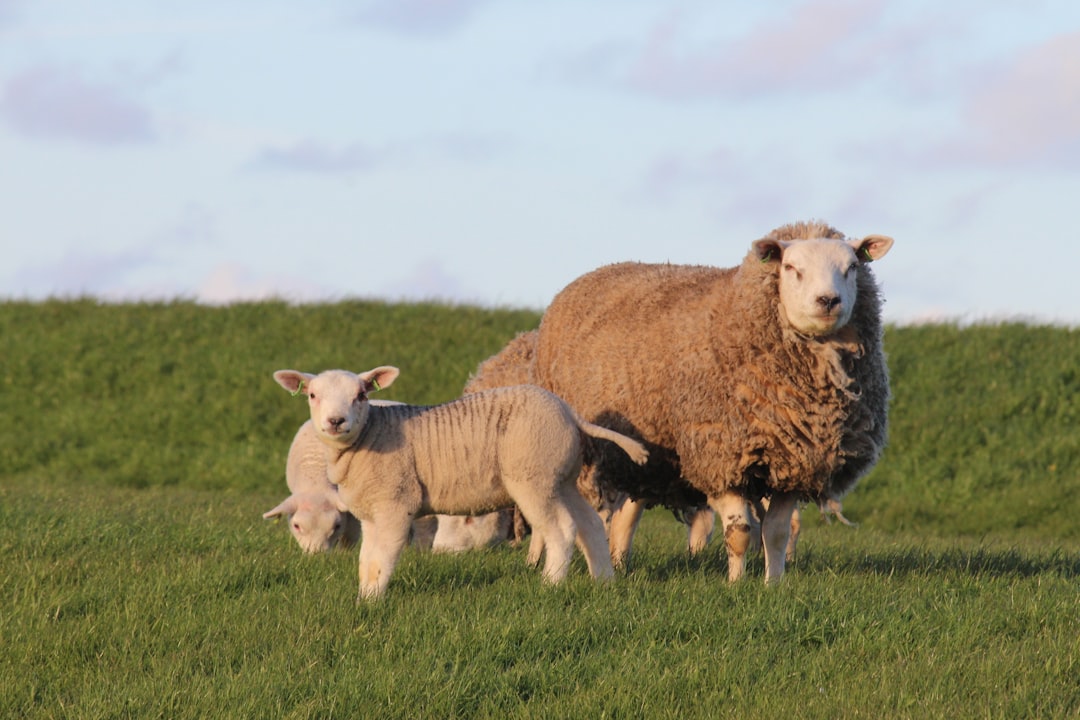Animal husbandry, a cornerstone of agriculture, has evolved significantly over the centuries. From its origins in the domestication of animals around 10,000 BCE to the present day, it has played a crucial role in human society, providing food, labor, and companionship. In the 21st century, the practice of animal husbandry faces new challenges and opportunities, particularly in balancing production, animal welfare, and sustainability.
The Evolving Role of Animal Husbandry
Historical Context
Historically, animal husbandry was about domesticating and breeding animals for various purposes, including food, labor, and companionship. The first animals domesticated were dogs, followed by sheep, goats, and larger animals like horses and oxen. This shift from a hunter-gatherer lifestyle to one centered around domesticated animals allowed for the establishment of permanent settlements and marked a significant change in human history.
Modern Challenges
Today, animal husbandry is confronted with several modern challenges:
-
Sustainability: With the global population projected to reach 9-10 billion by 2050, there is an increasing demand for animal products, which necessitates sustainable practices to ensure environmental integrity.
-
Animal Welfare: There is a growing awareness of the need for humane treatment of farm animals. Organizations like the Certified Humane program have made significant strides in promoting welfare standards.
-
Climate Change: Animal agriculture contributes to greenhouse gas emissions, making sustainable practices crucial for climate change mitigation.
Balancing Production, Welfare, and Sustainability
Sustainable Practices
Sustainable livestock farming integrates responsible resource management, environmentally friendly practices, and humane treatment of animals. Techniques such as pasture-based systems and rotational grazing not only improve animal health but also enhance soil quality and biodiversity. These practices reduce greenhouse gas emissions and promote climate resilience.
Animal Welfare
Animal welfare is no longer just an ethical concern but a critical component of sustainable agriculture. Ensuring animals live healthy, stress-free lives is essential for productivity and public health. Poor welfare can lead to decreased productivity, higher disease rates, and economic strain. Initiatives like the Certified Humane program ensure that farm animals are treated humanely throughout their lives.
Global Initiatives
Globally, initiatives are underway to support sustainable and humane animal husbandry. The German Federal Ministry for Economic Cooperation and Development (BMZ) promotes sustainable livestock farming as part of the Sustainable Development Goals (SDGs), focusing on poverty reduction and food security. Similarly, Veterinarians Without Borders emphasizes the interconnectedness of animal welfare and livestock productivity, highlighting the importance of veterinary training and disease prevention.
Conclusion
In the 21st century, animal husbandry must evolve to meet the demands of a growing population while addressing concerns about animal welfare and environmental sustainability. By adopting sustainable practices, prioritizing animal welfare, and supporting global initiatives, the livestock industry can ensure long-term profitability and contribute to global food security and sustainability. As we move forward, it is crucial that animal husbandry continues to adapt, balancing production needs with ethical and environmental responsibilities.
Citations:
- https://www.worldhistory.org/Animal_Husbandry/
- https://certifiedhumane.org/raising-awareness-farm-animals-food-production/
- https://www.linkedin.com/pulse/balancing-sustainability-animal-welfare-livestock-farming-mundere-r2vef
- https://www.vwb.org/site/blog/2025/01/24/animal-welfare
- https://ec.europa.eu/eip/agriculture/sites/default/files/eip-agri_brochure_sustainable_livestock_2019_en_web.pdf
- https://www.giz.de/en/downloads/giz2020-en-animal-husbandry-and-health.pdf
- https://int-es.com/our-markets/agriculture-and-animal-husbandry/
- https://www.vedantu.com/biology/animal-husbandry
- https://www.ciwf.com/media-and-news/blog/2024/03/balancing-animal-welfare-and-environmental-concerns-a-path-to-sustainable-solutions
- http://www.livestockdialogue.org/fileadmin/templates/res_livestock/docs/2016/LGA-Brochure-revMay13th.pdf
- https://getcourse.com.au/blog/role-of-animal-husbandry-modern-agriculture
- https://eujournal.org/index.php/esj/article/view/18366/18198
- https://en.wikipedia.org/wiki/Animal_husbandry
- https://www.cpfworldwide.com/en/media-center/healthyfood-Sustainable-Animal-Welfare-:-The-Key-to-Safe-Food-and-Environmental-Balance
- https://openknowledge.fao.org/server/api/core/bitstreams/4d7eff6c-2846-410d-aa37-5a4fa8b1a0f0/content
- https://fic.tufts.edu/wp-content/uploads/Sones-and-Catley-Mombasa.pdf
- https://www.frontiersin.org/journals/sustainable-food-systems/articles/10.3389/fsufs.2023.1204221/full
- https://www.worldbank.org/en/topic/agriculture/brief/moving-towards-sustainability-the-livestock-sector-and-the-world-bank
- https://alliancebioversityciat.org/stories/sustainable-livestock-farming-practices-resilience
- https://www.fao.org/4/i0323e/i0323e.pdf
- https://pmc.ncbi.nlm.nih.gov/articles/PMC2935116/
- https://www.ncbi.nlm.nih.gov/books/NBK285726/

Comments
No comments yet. Be the first to comment!
You must be logged in to comment. Login